Village Pres. Mary Kardoskee on short-term rental regulation
By Frederica Freyberg | Here & Now
June 28, 2024 • Northeast Region
Ashwaubenon Village Board President Mary Kardoskee discusses a growing number of short-term rental properties in the Green Bay area and how the local government seeks to regulate their operation.
VIDEO TRANSCRIPT
Frederica Freyberg:
In other news, here's an eye-popping, wallet-busting number. With the NFL draft coming to Green Bay next spring, an Airbnb near Lambeau Field is going for nearly $18,000 a night, according to local headlines. Turning single-family homes into short-term rentals is on the rise because of that kind of payoff or even much more modest rental income potential. In response to the growth of such rentals in hot tourist towns, like Ashwaubenon near Lambeau, locals are enacting new ordinances, putting restrictions in place to protect neighbors and neighborhoods. New rules are slated to go into effect July 1st in Ashwaubenon. Mary Kardoskee is the village president, and she joins us now. Thanks so much for being here.
Village Pres. Mary Kardoskee:
Thank you for inviting me. Good to be here.
Frederica Freyberg:
So with the NFL draft coming to Green Bay next spring, how crazy has the short-term rental business become near you?
Village Pres. Mary Kardoskee:
Well, we hear the same thing you hear, the $18,000 a night, $45,000 for the week. If people wanna rent out their homes, there are rules and regulations that have been put in place that they have to follow, and we are trying our best to make sure that they follow those rules to keep everybody safe, especially the visitors coming to the area.
Frederica Freyberg:
Yeah, so I just want to even back up a little bit, and we'll talk about the rules, but ask about the lay of the land there, because even without the draft, every game in that area must bring the same interest in things like Airbnb.
Village Pres. Mary Kardoskee:
Yeah, we have a lot of Airbnb-licensed people. Every Packer game, of course, is very busy. And yeah, we do surround Lambeau Field on three sides, so there is a lot of rentals going on in our community.
Frederica Freyberg:
Well, what does that look like in a single-family neighborhood when the crowds aren't there?
Village Pres. Mary Kardoskee:
Well, for 100% of the time, Airbnb rental homes, you know, your neighborhood is dark. There's not people out and about and walking the dogs and saying hello when they're putting their garbage out in the morning and kids running around on bicycles, and so that's what you lose. You lose the fabric of your community as you get more and more and more.
Frederica Freyberg:
Do you know how many investor properties there are in your village?
Village Pres. Mary Kardoskee:
I'm not 100% sure right now. I do know that we do have, for the 2024 July 1 rental period through June 30th of 2025, as of right now we have 43 applications for that period.
Frederica Freyberg:
How do outside investors hike the value of single family homes and what does that mean for people who live there or want to live there and their taxes?
Village Pres. Mary Kardoskee:
Well, every time a home is sold, and I'm just going to use this, a three-bedroom ranch with a two-stall attached garage, that's probably assessed at about $260,000. That home may sell for $400,000, $500,000, and then we have the one-offs with the $1.2 million and $600,000, and those do change the makeup of your community. The state gives you, every year, the amount of what your village is worth, and then our assessor has to divvy that up. So of course, it makes the taxes go up for those homeowners around there.
Frederica Freyberg:
So again, the village of Ashwaubenon drafted new rules for short-term rentals, because you've said you're, "Trying to protect the community." Again, how so?
Village Pres. Mary Kardoskee:
So, when the short-term rental statutes were put into effect in 2017, in the statute, it states that you can have a six-night minimum, seven-days, six-night minimum for each rental. And it could be 180 consecutive days. That was not originally in our original ordinance, but we did put that in about a year-and-a-half ago. And so, we did grandfather some of the previous owners in, licensed owners in for one year. But other than the 180 consecutive days, they now will have to, as of July one, follow the six-night minimum.
Frederica Freyberg:
Are there also new rules around mandating 24/7 property managers and requiring property managers to live within 25 miles of the village?
Village Pres. Mary Kardoskee:
No, that has been always since 2017. That was always in our ordinance.
Frederica Freyberg:
OK, and how do all of those rules offer this protection of which you speak?
Village Pres. Mary Kardoskee:
Well, it makes it a little less attractive, because you're not able to garner as many rentals and makes your, probably your profit margin go down a little bit. They'll have to probably change up their business plan a bit because they can only rent once in a six-night period, so they'll have to figure that out.
Frederica Freyberg:
And what kind of opposition are you hearing to that from the people who own these investment, short-term rental properties?
Village Pres. Mary Kardoskee:
So originally, they were upset with the six-night minimum, 180 consecutive days. A lot of the ones who were licensed by June 30th of 2023 found out that the 180 consecutive days only applies to the new rentals as of July 1 of 2023. So, they were opposed to the six-night minimum, but our board decided last Tuesday night that they were gonna hold up the six-night minimum.
Frederica Freyberg:
So the village is trying to thread this needle between protecting the neighborhood and allowing short-term rentals, which are in such demand.
Village Pres. Mary Kardoskee:
Correct, correct.
Frederica Freyberg:
All right, Mary Kardoskee, village president of Ashwaubenon, thanks so much.
Village Pres. Mary Kardoskee:
Thank you for having me. Have a great day.
 Passport
Passport





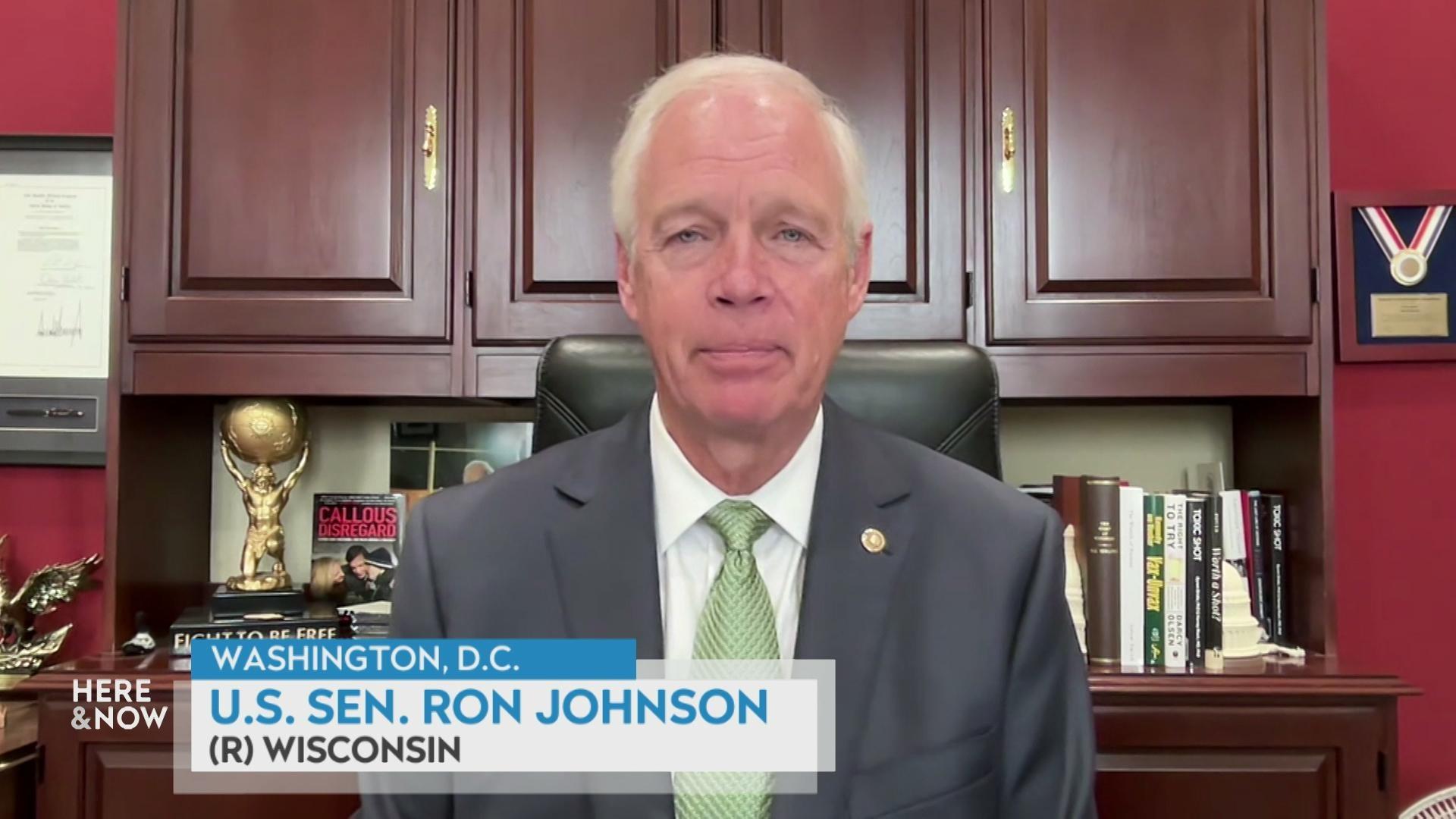
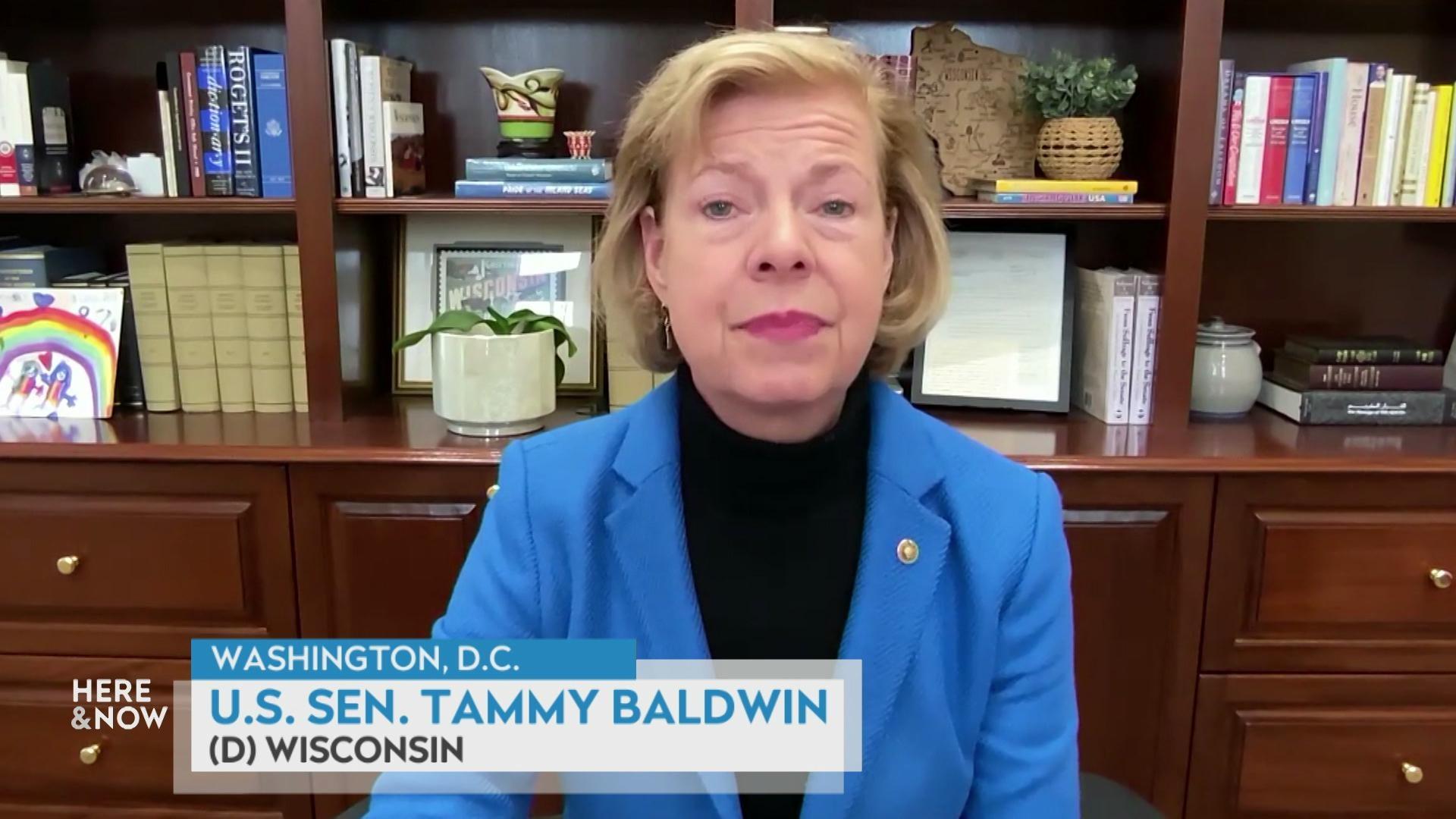
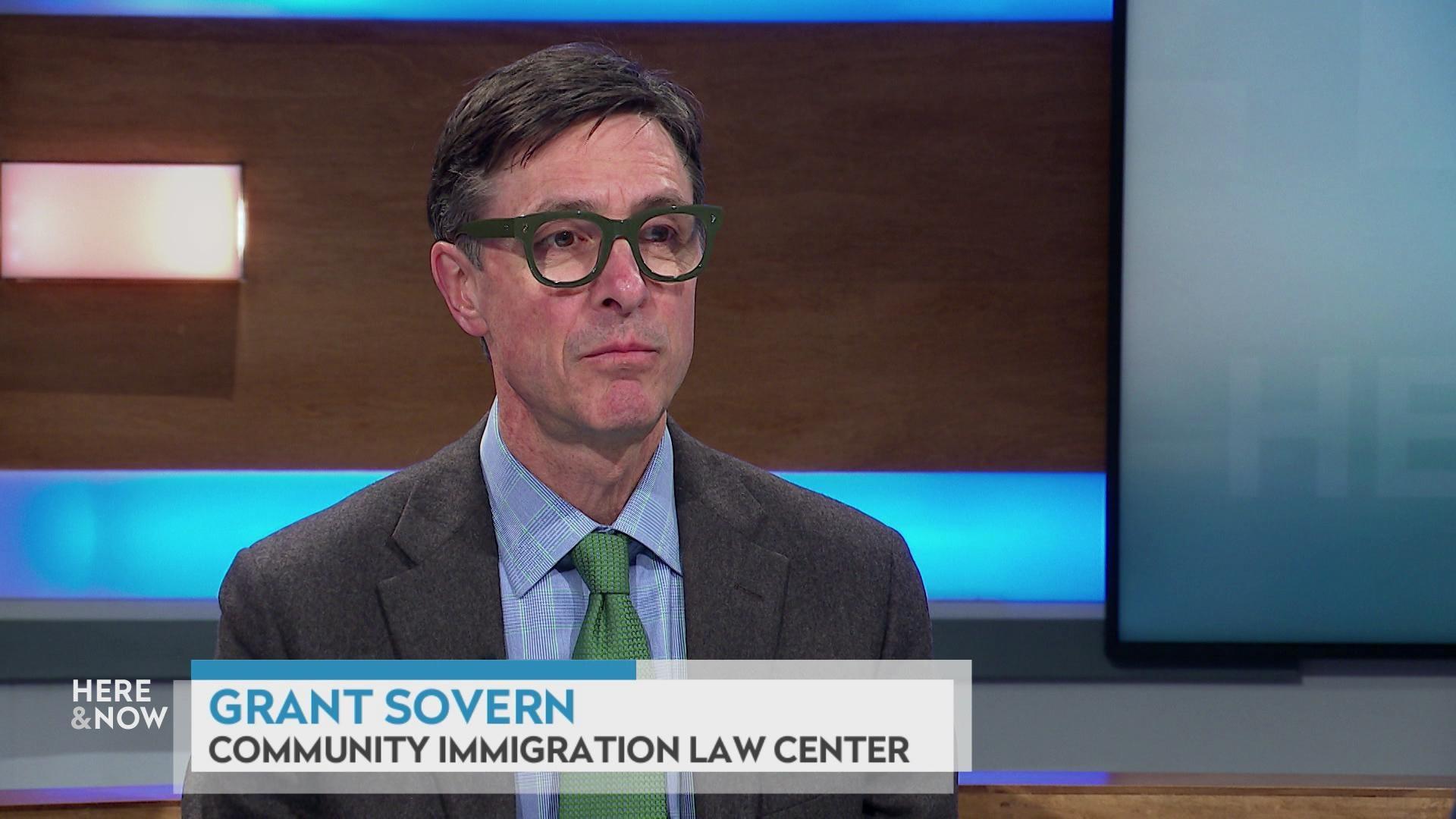
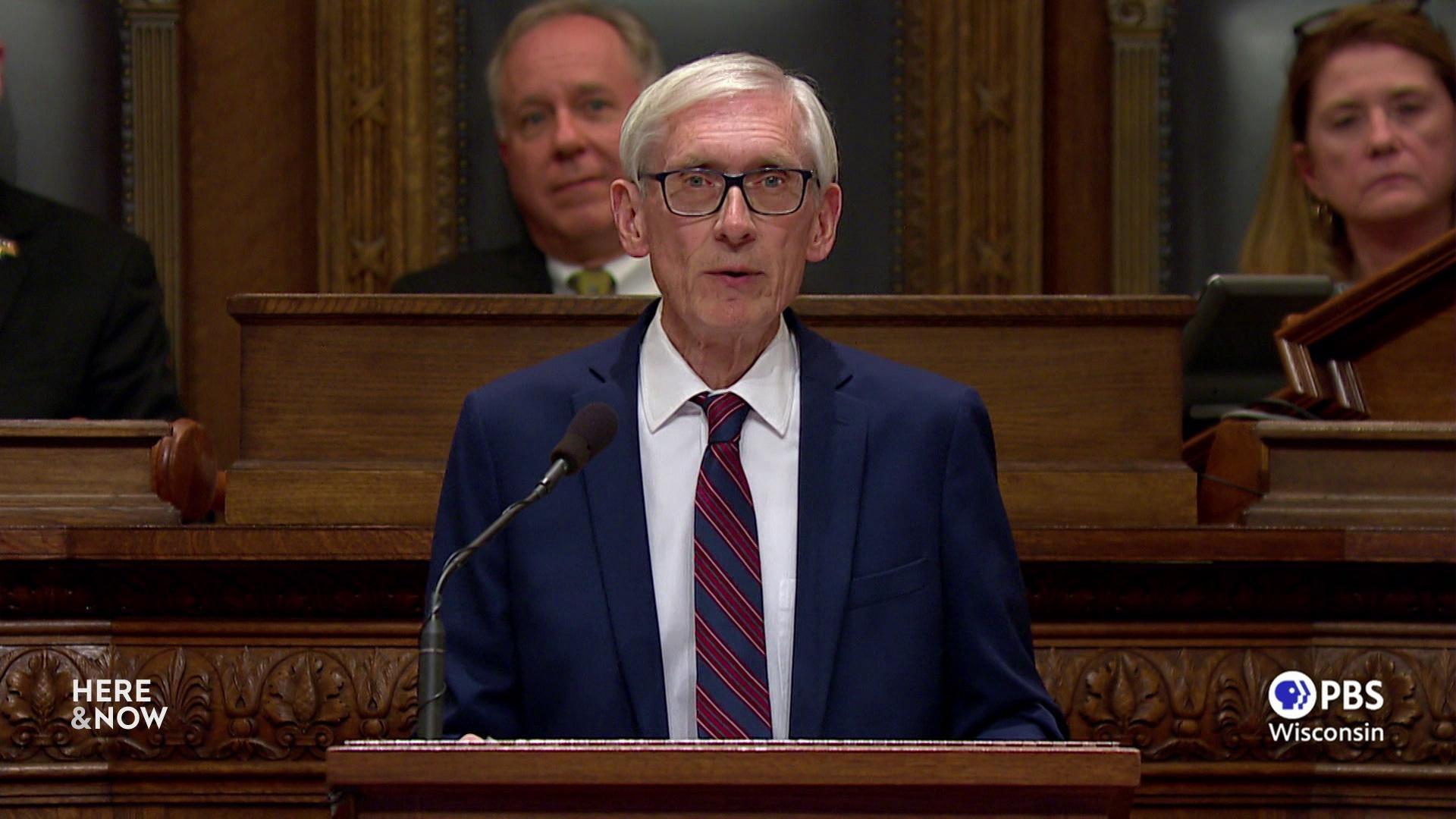
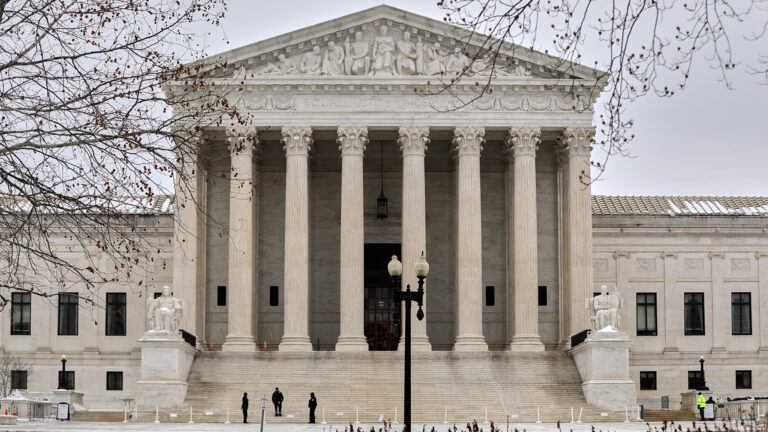

Follow Us